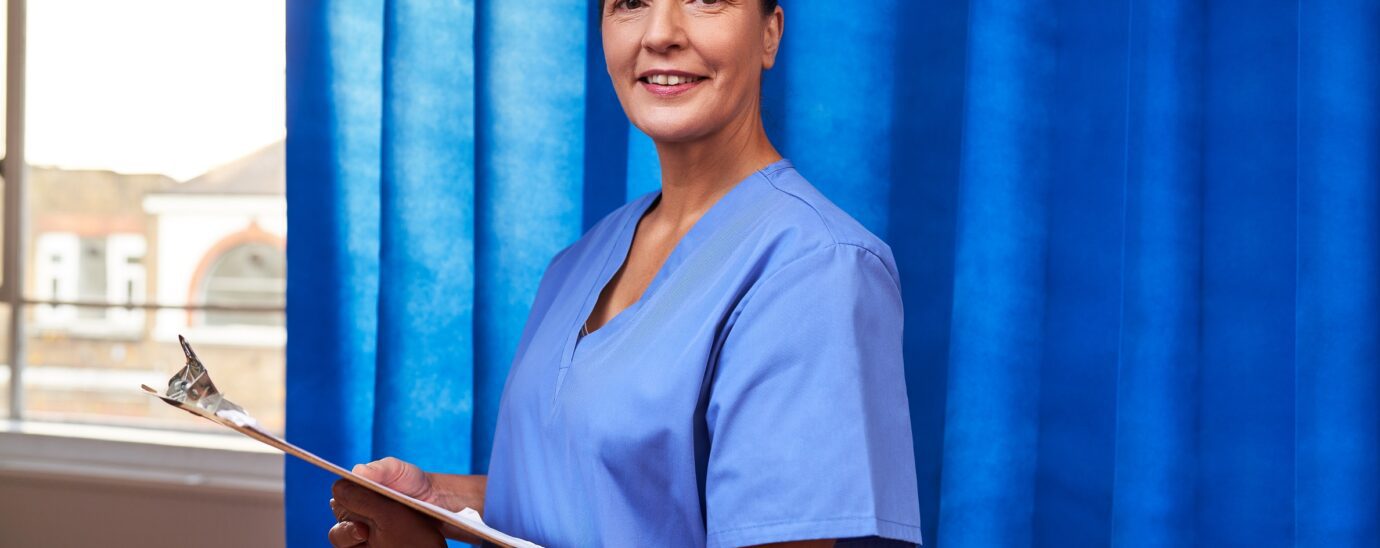TBT Newsroom • 11th June 2022
Despite educators’ best efforts, the digital transformation from in-person to online and hybrid learning certainly didn’t go off without a hitch. The sudden onset of the coronavirus pandemic forced schools to scramble to change their systems overnight. While many schools rushed to purchase online education technology tools, few had the foresight to invest in reliable...

